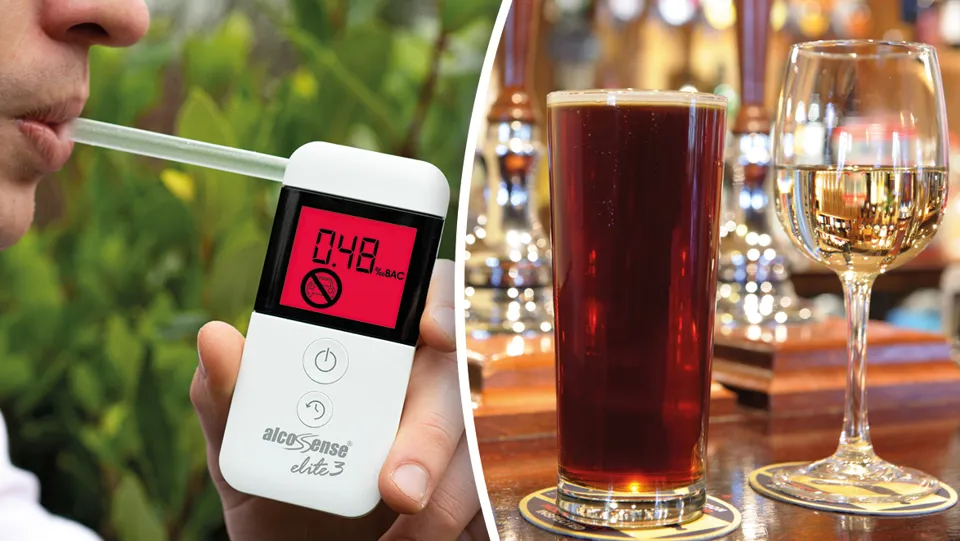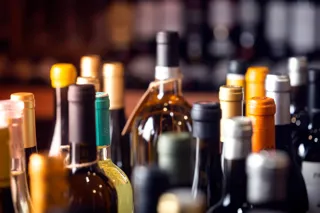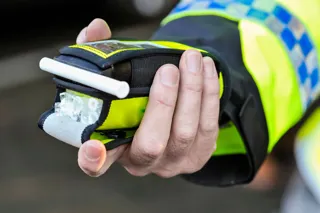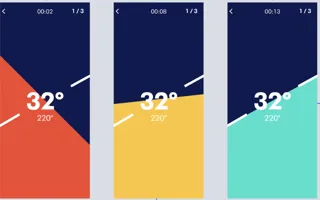The number of drivers breathalysed by Police in England and Wales fell by 7% in 2021, reaching a record low.
Data shows that 224,162 motorists were tested at the roadside, last year, continuing the downward trend since the peak of 709,512 breath tests in 2009. A decline of 68%.
Despite the slump in tests, 17% of drivers were over the limit - the highest proportion since 2003.
Hunter Abbott, managing director of personal breathalyser firm AlcoSense, said: “Separate Home Office figures show the number of dedicated roads policing officers had decreased to 3,886 by March 2022 compared with 5,220 in 2015 – down by over a quarter.
“This explains the drop in tests. The only positive to draw is a marginal increase of 36 officers compared with last year – so hopefully the long-term decline has now bottomed out”.
Studies suggest the pandemic’s impact on drinking behaviour has resulted in heavy drinkers now consuming more alcohol at home than pre-Covid.
“This increases the likelihood of driving the next morning with alcohol still in your system,” added Abbott.
He said: “If you consume four pints of medium-strong beer or four large glasses of wine, it could take as long as 14 hours for the alcohol to clear your system. So if you’re drinking between 9pm and 11pm, you may not be sober until 11am the following morning.
“Police should be stepping up roadside tests, not conducting even fewer.”
There were 220 deaths on Britain’s roads in 2020 where a motorist was over the drink drive limit, only slightly down on ten years previously when there were 240 fatalities. Department for Transport figures estimate a total of 6,480 people were killed or injured in drink drive accidents, with drunk drivers accounting for 15% of road deaths.






















Login to comment
Comments
No comments have been made yet.